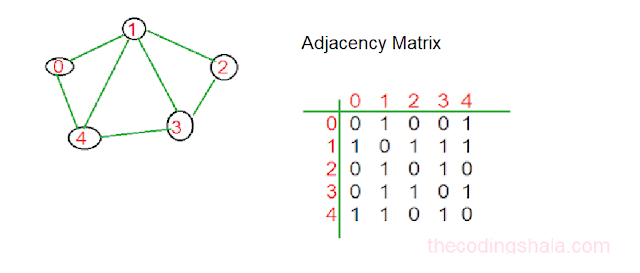SQL UNION Clause - The Coding Shala
Home >> Learn SQL >> SQL Union Clause
The following two tables are used for the examples -
Table 1. 'emp' table
Table 2. 'detail' table
SQL UNION Clause
The SQL UNION clause is used to combine the result set of two or more select statements. The SQL UNION Operator does not return any duplicate rows. If we want to get duplicate rows then we have to use UNION ALL Clause. The SQL UNION Clause will only work if selected columns in the select statement have the same in numbers with having the same data type in the same order.
SQL UNION Syntax
The basic syntax of SQL UNION is as follows -
SELECT column_name(s) FROM table1 UNION SELECT column_name(s) FROM table2;
SQL UNION ALL Syntax
The basic syntax of SQL UNION ALL is as follows -
SELECT column_name(s) FROM table1 UNION ALL SELECT column_name(s) FROM table2;
The following two tables are used for the examples -
Table 1. 'emp' table
emp_id emp_name city dept_no salary 1 Akshay Pune 101 50000 3 Nikhil Pune 101 51000 5 Mohit Delhi 103 40000 6 Shubham Surat 105 42000 7 Akash Mumbai 106 45000
Table 2. 'detail' table
emp_id age 1 25 2 20 3 23 4 28 5 29 6 26
SQL UNION Example
The following SQL Query will combine the results of both the tables using UNION Clause and return results without any duplicate rows -
SQL >> select emp_id from emp union select emp_id from detail; Output >> emp_id 1 2 3 4 5 6 7
SQL UNION with different number of columns example
If you want to use UNION with the different number of columns means there is a column in one table that is not present in another table then we can use 'NULL as column_name' to add one more null column. The following SQL query is the example of SQL UNION with the different number of columns -
SQL >> select emp_id, emp_name from emp union select emp_id, null as emp_name from detail; Output >> emp_id emp_name 1 null 1 Akshay 2 null 3 null 3 Nikhil 4 null 5 null 5 Mohit 6 null 6 Shubham 7 Akash
SQL UNION ALL Example
The following SQL query will combine both the tables using UNION ALL and return the results with duplicate rows -
SQL >> select emp_id, emp_name from emp union all select emp_id, null as emp_name from detail; Output >> emp_id emp_name 1 Akshay 3 Nikhil 5 Mohit 6 Shubham 7 Akash 1 null 2 null 3 null 4 null 5 null 6 null
Other Posts You May Like




Comments
Post a Comment